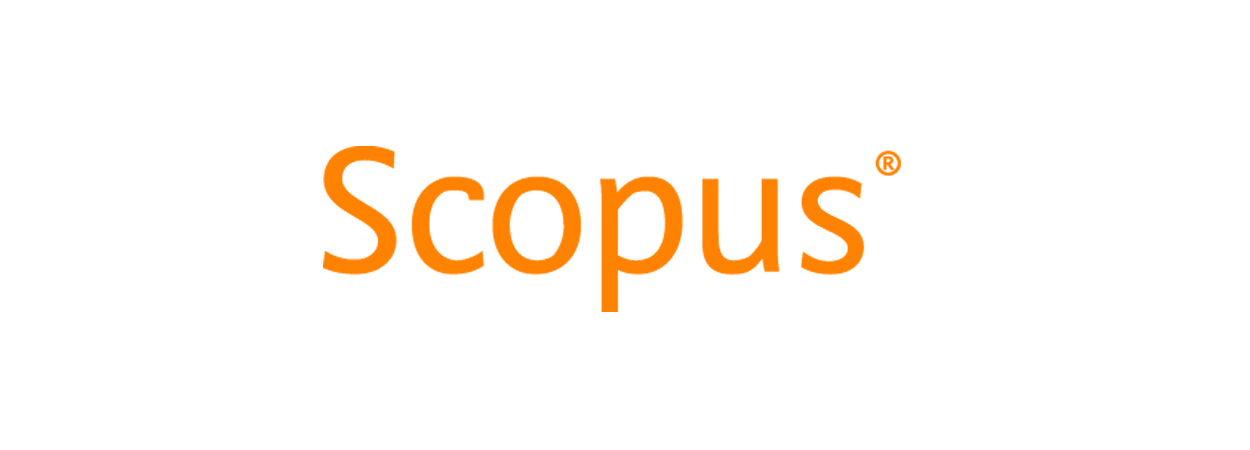ANALYSING FACTORS DETERMINING SUGAR RETAIL PRICE
DOI:
https://doi.org/10.30908/bilp.v1i2.298Abstract
Since 2002, the government of Indonesia (GOI) has imposed promoting and protective to the Indonesia sugar industry. The policies have caused a significant increase in domestic production and farmer welfare. However, the policies also caused the government cannot effectively control the domestic retail price, especially when sugar price in the international market is very high. With this problem, this study is aimed at analyzing factors that significantly determine retail sugar price that can be used as policy instrument to control the price. An econometric model was used to determining the factors and their effect on the retail price. The result of analysis show that farm gate proce reference determined by the GOI, distribution costs, sugar import price, and market competition level are four main factor determining the retail price, explaining around 84% of retail price behavior. The elasticity of the sugar retail price toward the change of the four factors lies between 0.026-0.566. These imply that the GOI can use these four factors and their related variables as policy instrument to control the price.Downloads
References
Angelo, A. and Zapata, H. 2000. Further Empirical Evidence of wheat and Barley Market Integration in the EU. Department of Agricultural Economics. Lousiana State University
Cameron. 2005. Export Supply Function Estimates for the Pakistan Carpet Industry, BCID Research Paper No. 9
Devadoss, S dan J. Kropf, 1996. Impacts of Trade Liberalizations Under The Uruguay Round on The World Sugar Market. Agricultural Economics, (15): 83-96.
Dewan Gula Indonesia. 1999. Restrukturisasi Industri Gula Indonesia, Publikasi Interen, Dewan Gula Indonesia, Jakarta.
Departemen Pertanian. 2006. Roadmap Swasembada Gula 2008, Departemen Pertanian, Jakarta
Djojosubroto. 1995. Masalah Gula di Tengah Dinamika Ekonomi Indonesia. Seminar Pergulaan Nasional Dalam Rangka Menghadapi Perdagangan Bebas, Jakarta. Badan Litbang Pertanian dan Yayasan Soleharosa.
Ernawati. 1997. Kajian Keragaman Pasar Gula Indonesia dan Sumulasi Dampak Kebijakan Liberalisasi Perdagangan Gula Dunia. Tesis Master. Program Pasca Sarjana Institut Pertanian Bogor
Erwidodo dan Rachmat, M. 1993. Pendugaan Permintaan Pangan Utama di Indonesia: Penerapan Model AIDS dengan data Susenas 1990. Jurnal Agroekonomi Vol. 12 Nomor 2. Pusat Studi Sosial Ekonomi Bogor
Groombridge, M. A. 2001. America’s Bittersweet Sugar Policy. Trade Briefing Paper. Center for Trade Policy Study, CATO Institute, Washinton DC.
Kennedy, P. L. 2001. Sugar Policy. Lousiana State University, Lousiana.
McKay, A. 1998. Aggregate Export and Food Crop Supply Response in Tanzania. DFID-TERP: Credit Discussion Paper 4 (CDP04). University of Nottingham.
Mushtaq, K. and Dawson. 2000. Acreage Response in Pakistan: A Cointegration Approach. Department of Agricultural Economics. University of Agricululture. Faisalabad. Pakistan
Noble, J. 1997. The European Sugar Polici to 2001, World Sugar and Sweetener Yearbook 1996/1997, D13-DA21
Salih, S.M.E.2001. Supply Response of Sudan’s Cotton Industry: Implications of Government Intervention. Thesis Doctor of Philosophy. University Putra Malaysia. Malaysia
Susila, W. R. dan Sinaga, B. M. 2005. Analisis Kebijakan Industri Gula Indonesia, Jurnal Agro Ekonomi, Vol. 23 (1): 30-53.
Susmiadi, A. 1986. Elastisitas Pendapatan Permintaan Gula Indonesia. Disertasi Doktor. Program Pasca Sarjana Institut Pertanian Bogor
Thompson, S. 2000. Spatial Equilibrium Market Efficiensy and Policy Regime Change: Seemingly Unrelated Error Correction Model Estimation. The Ohio State University
Utami, S. 1984. Permintaan Bahan Pangan Penting di Indonesia. Disertasi Doktor. Program Pasca Sarjana Institut Pertanian Bogor
Varian, H.R. 1993. Intermediate Microeconomics, A Modern Approach. W.W. Norton & Company, New York
Warr, P.G and Wollmer, F.J. 2000. The International Demand for Thailand’s Rice Export. Australian National University










 Buletin Ilmiah Litbang Perdagangan
Buletin Ilmiah Litbang Perdagangan
